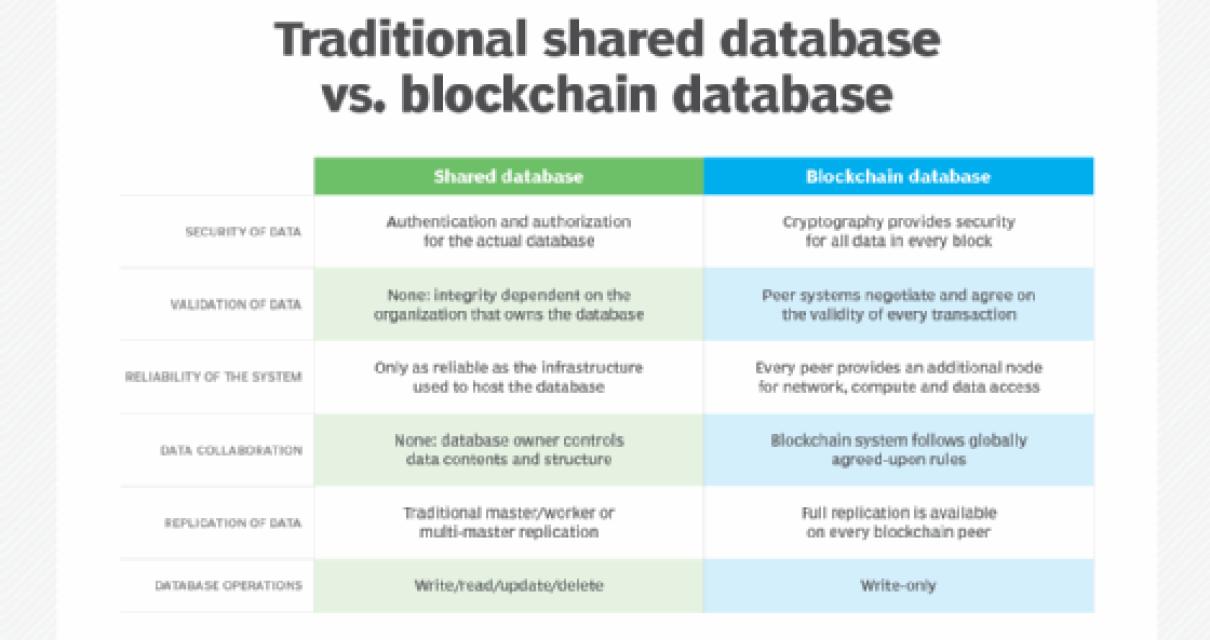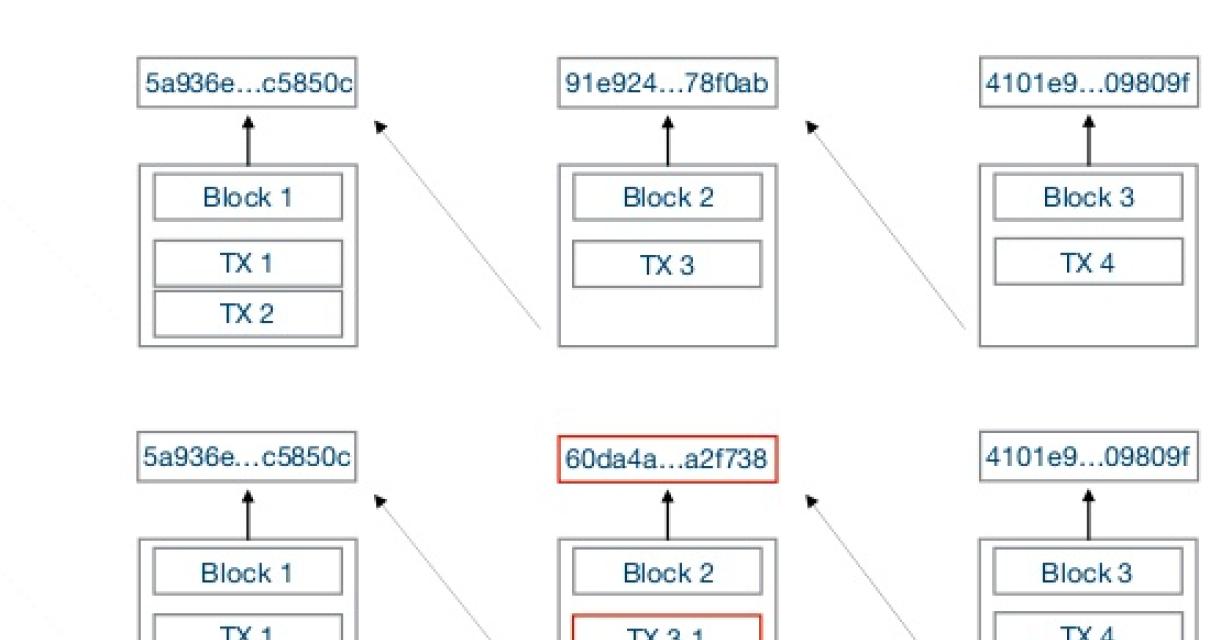What is immutability in blockchain?
Immutability is a property of a blockchain that means that the data or state of a blockchain cannot be changed or tampered with once it has been recorded. This property is important because it allows the blockchain to serve as a trustful and transparent ledger of events.
How does immutability work in blockchain?
Immutability is a property of blockchain that ensures that a record of an event can never be changed. This is important because it ensures that all transactions on the blockchain are permanent and unalterable.

What are the benefits of immutability in blockchain?
The benefits of immutability in blockchain are that it ensures data is accurate and tamper-proof. This is important because it allows for secure and transparent transactions between parties. It also makes it difficult for attackers to modify or delete data, which is a security risk.

What are the challenges of immutability in blockchain?
There are a few potential challenges with immutability in blockchain. First, it could be difficult or impossible to modify a block of data on the blockchain without affecting the rest of the network. This could lead to problems if, for example, someone wanted to change a transaction that had already been recorded on the blockchain.
Another potential issue with blockchain's reliance on immutable data is that it could make it difficult to verify the accuracy of information stored on the network. If someone wanted to tamper with a block of data on the blockchain, they would need to compromise the security of the entire network in order to do so.
Finally, it's possible that people may not trust the permanence of blockchain's records. If someone wanted to delete a block of data from the blockchain, they could potentially do so without affecting the rest of the network. This could lead to skepticism among some people about the integrity of blockchain's data.

How does immutability ensure security in blockchain?
One of the benefits of blockchain technology is that it is immutable. This means that once a block of data has been added to the blockchain, it cannot be changed. This is important because it ensures that transactions are accurate and secure.
What is the role of immutability in distributed ledger technology?
The role of immutability in distributed ledger technology is to ensure that transactions are irreversible. This is important because it ensures that each transaction is recorded in a permanent way and can't be changed or undone.
How does immutability enable trustless transactions in blockchain?
One of the key benefits of blockchain technology is its trustless nature. This means that users can trust that each transaction is legitimate and will not be tampered with. Immutability is a key part of this trustless system, because once a transaction is recorded on the blockchain, it cannot be changed. This means that users can have confidence that their transactions will be processed as intended and that their data will be protected from tampering.
What are the implications of immutability in blockchain?
The implications of immutability in blockchain are numerous. First, it creates a tamper-proof record of transactions that cannot be altered or deleted. This is important because it prevents anyone from tampering with the ledger, which would invalidate any transactions that occurred as a result. Additionally, it eliminates the need for a trusted third party to ensure the validity of transactions. Finally, it provides a secure platform for trading digital assets.
How does immutability ensure data integrity in blockchain?
Data integrity in blockchain is ensured by the fact that data is immutable. This means that once it is recorded in a blockchain, it cannot be changed or deleted. This protects the data from being tampered with and ensures that it remains accurate and up to date.
What are the use cases of immutability in blockchain?
One use case for immutability is when a blockchain is used as a tamper-evident log of events. For example, a company might use a blockchain to track the shipment of goods and verify that the goods arrived at their destination in the correct condition. In this scenario, it would be important for the blockchain to be immutable so that anyone tampering with the data can be easily detected.
Another use case for immutability is when a blockchain is used to store sensitive information. For example, a company might use a blockchain to store customer data or financial records. If the data on the blockchain were to become compromised, it would be difficult for hackers to access the information because it would be impossible to change it.
Finally, immutability can be used to protect against cyberattacks. For example, if a company was using a blockchain to store customer data, it would be important to ensure that the data on the blockchain was secure from attacks. Immutability would help protect the data from being tampered with, and it would make it difficult for hackers to exploit any vulnerabilities that might exist in the blockchain.
How does immutability promote transparency in blockchain?
One of the benefits of immutability is that it promotes transparency in blockchain. Since all transactions are stored on a public ledger, everyone can see the history of transactions and be sure that they are legitimate. This transparency makes it easier for people to trust the system and ensures that the network is efficient and reliable.
What is the future of immutability in blockchain?
There is no single answer to this question, as the future of immutability in blockchain will depend on a number of factors, including the success of various proposed implementations and the overall popularity of blockchain technology. Some experts believe that blockchain's immutable nature could make it a powerful tool for recording and tracking financial transactions, while others suggest that it could be used to create more secure and reliable online systems. Whatever the future of immutability in blockchain may be, it is clear that this technology has a lot to offer.